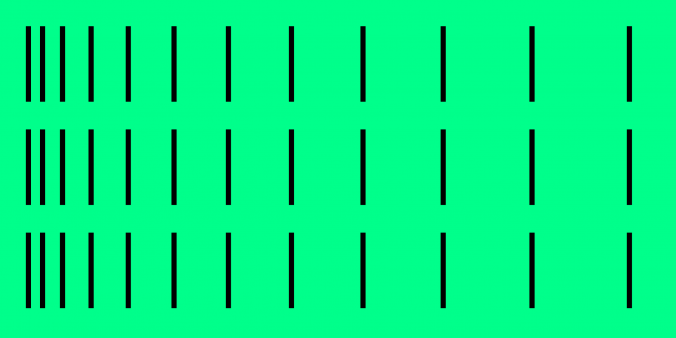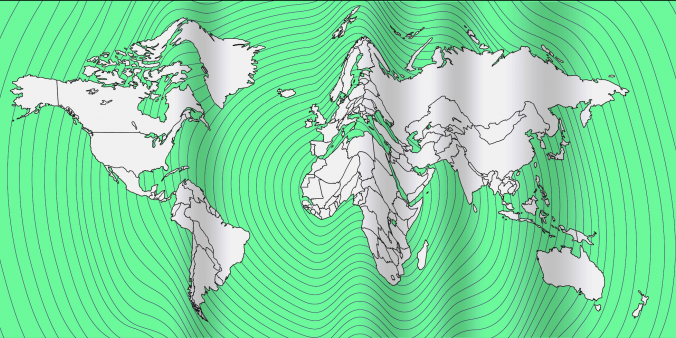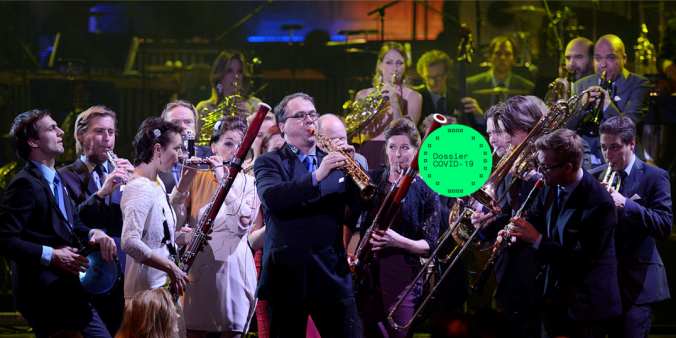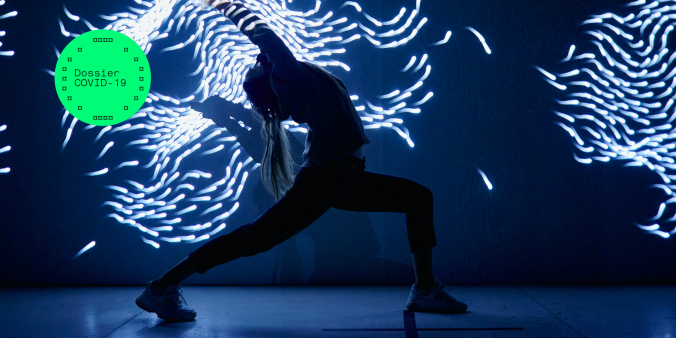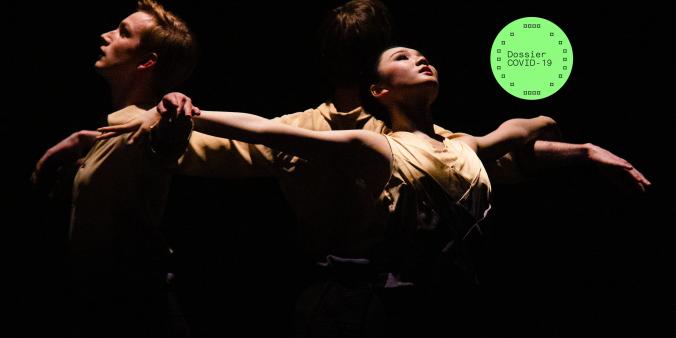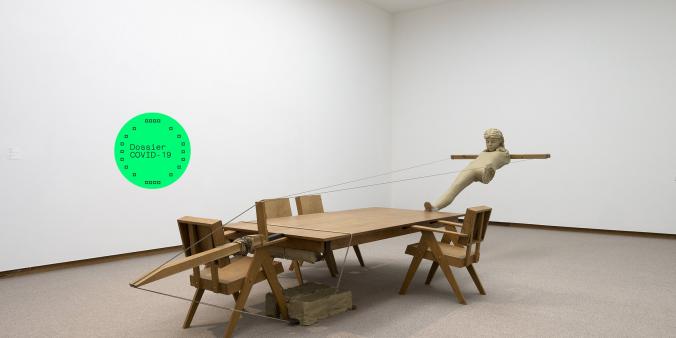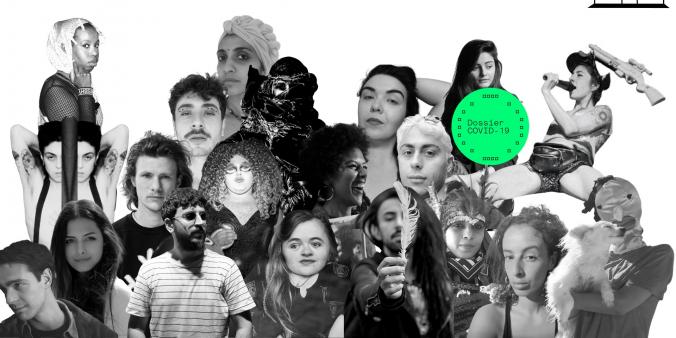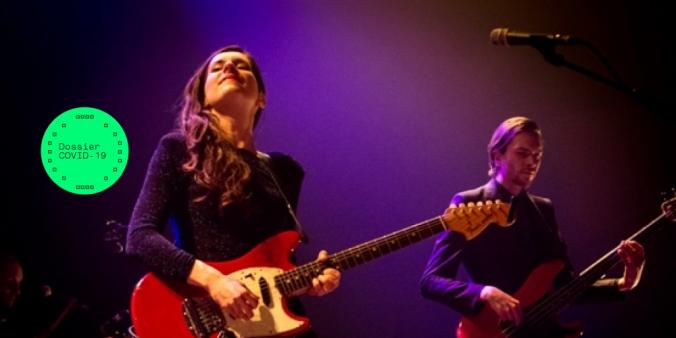
The impact of COVID-19 on cultural cooperation with Germany in 2020
Every year DutchCulture creates an overview in its international database of the cultural activities planned in each country. The year 2020 is no exception to the rule, despite it being an exceptional year in many aspects. Now that the world, and especially artistic spaces all over that world, are starting to re-open, many of us long to look at the future and the possibilities awaiting us. The pandemic made it difficult for artists to bring their work to an audience, especially audiences across borders. Yet before we jump into the next phase, let’s take just a moment to look at what happened in 2020, according to our database of cultural activities.
Like any year, we collected the international cultural activities of Dutch-based artists and cultural organisations. Unlike any other year, the 2020 fact sheet shows us not only the events that happened but also the ones we missed out on. It shows us the resilience, the scale and the impact of being able to collaborate culturally and internationally. Let’s take a further look into the numbers of Germany, one of the top countries for cultural exchange with the Netherlands.
Germany's appreciation of the cultural sector
“Deutschland ist ein Land der Kultur, und wir sind stolz auf unsere vielfältigen Angebote im ganzen Land: auf die Museen, die Theater, die Opernhäuser, die Literaturclubs und vieles andere mehr. Die kulturellen Angebote sagen etwas über uns aus, über unsere Identität.”
“Germany is a country with a rich culture, and we are proud of our diverse cultural expressions across the land: the museums, the theatres, the opera houses, the literary clubs and much more. The cultural offerings say something about us, about our identity.” - Chancellor Angela Merkel, 9 May 2020
Germany is an attractive working field for Dutch artists; both due to its close proximity and its rich cultural tradition. At the beginning of the COVID-19 pandemic, Angela Merkel’s words appreciating the cultural sector and vowing to protect it were moving for artists worldwide who were concerned for their livelihood. It is not surprising that we registered 2,127 planned activities for Germany in 2020, of which 912 actually took place. This means that 57% of the activities were cancelled, and many more activities were probably missed out on if we consider the 3485 activities that took place in 2019. One of the reasons for the large drop in activities might be that music (59%) and performing Arts (22%) are the leading disciplines in Germany. Where usually many theatre and music groups pop over the border for a couple of performances, the travel ban and later mandatory quarantine made this impossible.
We did register 45 virtualised activities, many live streams and some virtual exhibitions, which shows that many artists tried to adapt to the restrictions by going online. Since it is the first time DutchCulture has registered online activities, there have certainly been more than we have been able to retrieve and we will keep on developing our tools to collect them all. In comparison to the worldwide analysis of 2020, where 20% of activities were held online, Germany seems to be behind with only 5% (45 activities). The reason for that might be the large number of physical activities that actually did take place.
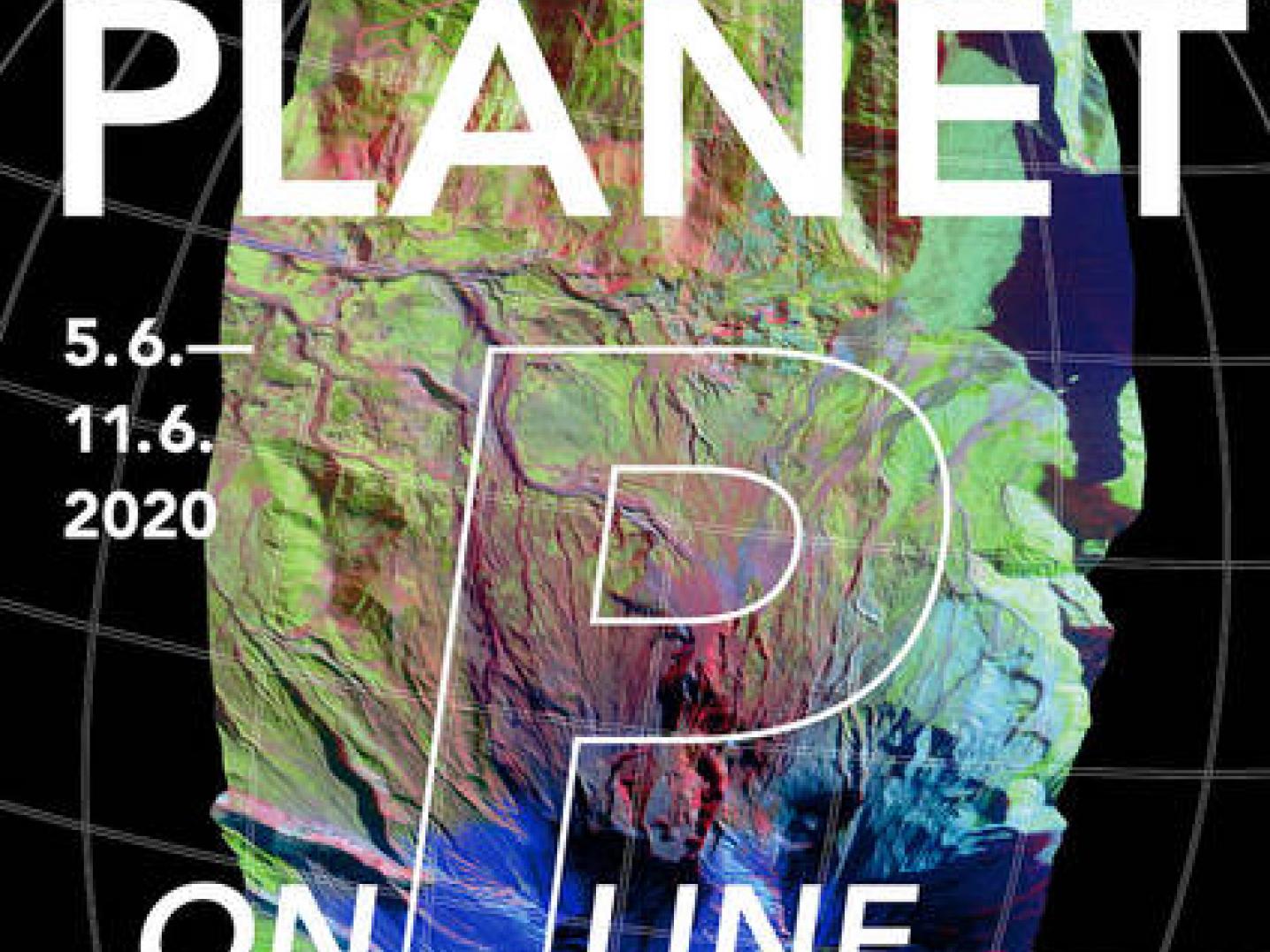
Around the country
German partners for online alternatives
When it comes to adapting to online formats, audiovisual media have proven to be the best equipped. In a year where screens were our most essential tools, films and documentaries were able to break through the closed borders with online alternatives. We see this in the top partners for online activities, where online film festivals presented most of the virtualised activities; in Germany especially at the Oberhausen International Short Film Festival and at the DOK.fest Munich. A surprising online festival that presented Dutch work, was the Poesifestival Berlin. This modern and innovative poetry festival was able to host a successful online edition as early as June 2020, with Frank Keizer, Jonas Staal, Michael Tedja and Peter Koole tuning in from the Netherlands.
Even though the online activities could never make up for the many cancelled cultural events, it did result in a fast transformation of the database. Before 2020, we would not have been able to include a radio concert on the SWR4 broadcast station in Baden Württemberg for example, given by Dutch schlager singer Eloy de Jong. From now on, we will keep collecting virtual activities, which broadens our view on how and where Dutch artists are active abroad.
Check out the complete overview of Dutch cultural activities in Germany in our database. If you are a cultural professional interested in an international collaboration with Germany, feel free to contact our Germany advisor Renske Ebbers.
